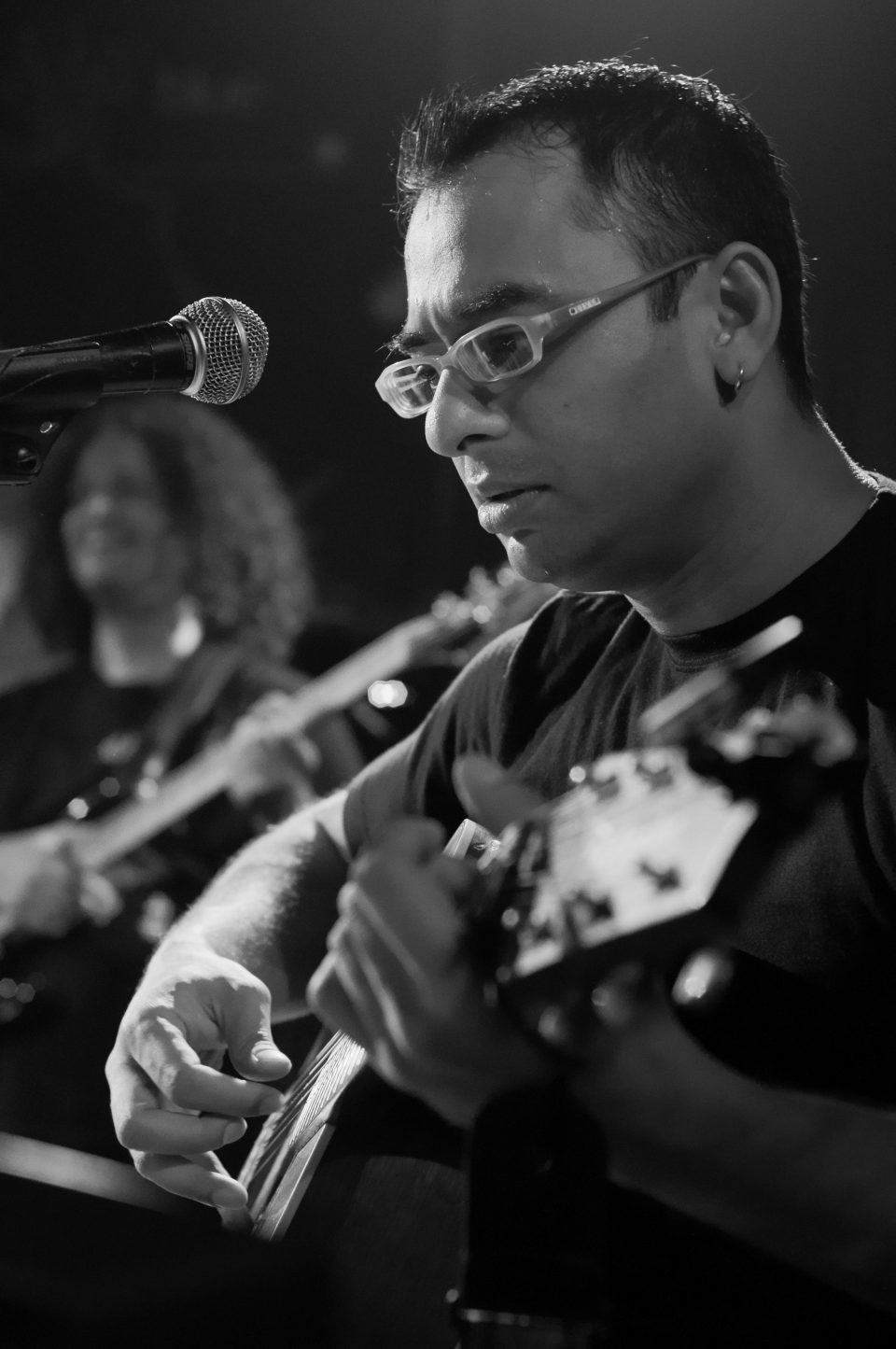Composer Ashutosh Phatak on OTT Soundtracks, Music Venues in India
The co-founder of erstwhile music venue Blue Frog talks about working with singers like Jubin Nautiyal for ‘Mumbai Diaries 26/11’
Considering the sea change that True School of Music (TSM) underwent in the pandemic – shutting down their central Mumbai campus and partnering with Vijayabhoomi University to set up in Karjat – it’s not surprising to hear TSM’s co-founder Ashutosh Phatak opine that he’s “neglected” his life as a seasoned composer for screen as well as indie projects.
He says over a video call, “I felt a little bad about that. I decided that it’s time for me to take on stuff that I haven’t had time to do […] I was going to try to be selective about the kind of stuff I do, because there’s so much work out there.” Among the projects that came his way was Mumbai Diaries 26/11, helmed by director Nikhil Advani, who is best known for Bollywood films such as Kal Ho Naa Ho, D-Day and Batla House.
The new series on Amazon Prime Video is a fictional narration of doctors and medical staff serving on duty during the November 26th terrorist attacks in Mumbai. Phatak says, “I thought, ‘This is something very cool, this is something that I really would love to do, and be a part of.’ And that’s how it started.”
The composer’s recent work on OTT platforms also include romantic anthology series Feels Like Ishq and The Empire, a period drama focused on the Mughal dynasty. With Mumbai Diaries, however, Phatak delivers a poignant score as well as three rock, pop and fusion leaning songs – “Yeh Haalath” with singer Jubin Nautiyal, “Paar Hoga Tu” with Anand Bhaskar and “Tu Dafn Bhi” with Altamesh Faridi. Overall, he says he enjoys the OTT medium immensely. Mumbai Diaries, specifically, “didn’t feel typical” for the composer.
Phatak adds, “It felt like a challenge. So I was excited about it […] My job was to enhance things, not make up for things.” The composer draws a comparison between making ad jingles and OTT soundtracks and how it creates a different kind of interest compared to Bollywood projects. “Here, we are the ones behind the scenes doing all this stuff and your work speaks for itself more than your name […] I found it’s the comfortable space in this, where I can just be me and didn’t have to be anything else,” he says.
A soundtrack project like Mumbai Diaries also gave Phatak the chance to continue diving into the indie music pool to tap young musicians and engineers. “Paar Hoga Tu” brings together several True School of Music students and graduates to form a choir. Phatak says he brought in Bhaskar due to his deep, “Leonard Cohen kind of a voice.” The song features lyrics by Niranjan Iyengar, drums by Jai Row Kavi, guitars by Sanjay Divecha and sarangi by Sabir Khan. As for “Yeh Haalath” with Nautiyal – which also has an alternate version sung by vocalist Zara Khan – Phatak says he got to bring the celebrated singer back to his roots. “I think for him, it was fun because he told me it brought him back to his roots of why he started with the band and all that stuff, because it was kind of a rock-ish song,” the composer says.
With more OTT projects coming up, Phatak is still selective about taking up composing work, given the commitment involved. “When you’re doing something like this, you’re with it for three months out of a year,” he says. And then of course, another season is commissioned and work restarts. “And then it all piles up!” Phatak says with a laugh. He adds, “The good news is that there are there are really good projects out there […] I think it’s a good opportunity to introduce new music and indie music, so I’m looking forward to getting bands and getting other artists involved now.”
Indie music is always on Phatak’s mind, given that he was among the founders of not just one but two important venues in Mumbai – the Blue Frog in Lower Parel (shut in 2016) and The Quarter inside the compound of the Royal Opera House, which also had to close its doors. Even as he lays out plans to organize a festival and regular gigs over at the Vijayabhoomi University campus, Phatak says it’s wishful thinking to expect either Blue Frog or The Quarter to return.
As far as a dedicated, long-term music venue for Mumbai (or even the rest of India) goes, Phatak advices being “extremely realistic.” He adds, “Someone, whoever does it, it has to be self-sustainable. Otherwise it doesn’t last. I think it’s going to take another couple of years before anyone should even venture into that space from a venue creator or a promoter point of view.”




